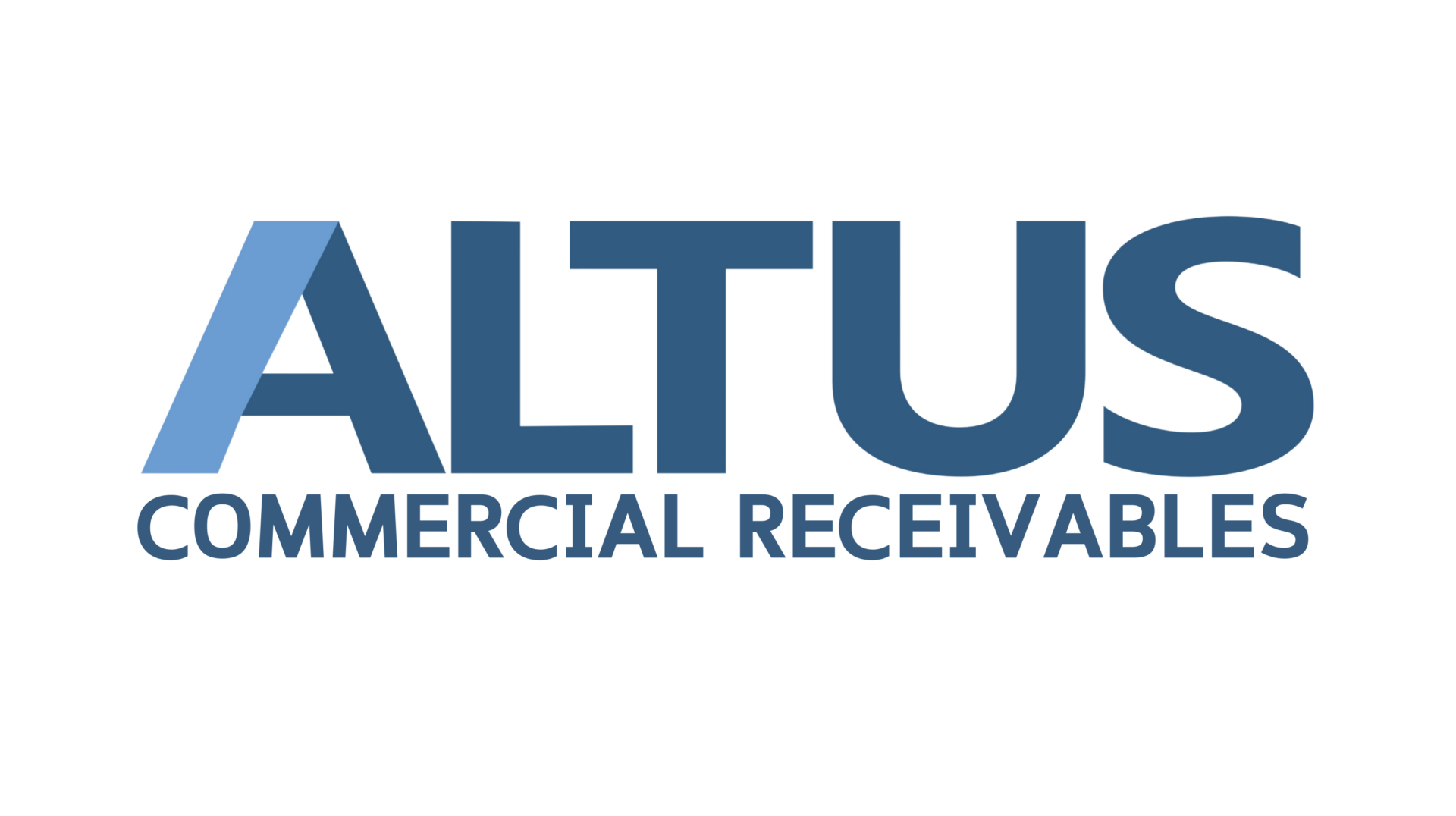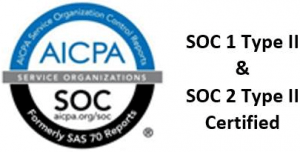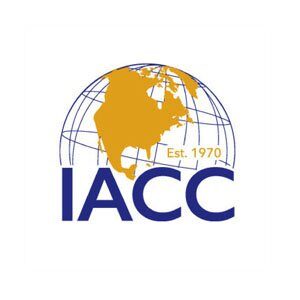
Debt collection and debt recovery, or loan collection vs. loan recovery, sound similar but are two different processes. Debt collection is when a business uses in-house resources to collect client debt. Debt recovery is when a company enlists a third-party agency to complete the process.
You may have experience with both in your business — a client is late on a payment, you follow up, and after failed attempts, you reach out to a commercial debt recovery agency for expert help. Below, we’ll look at these processes and how a company may move from debt collection to debt recovery.
What Is the Difference Between Debt Collection and Debt Recovery?
Both debt collection and debt recovery work to reach the same solution — to recover money someone owes to a company.
Debt collection is when a company reaches out to clients with outstanding invoices and collects the money using its in-house capabilities. Debt recovery is when a company enlists the expertise of a third party to recover this outstanding debt. As their area of expertise, reputable debt recovery agencies often have high success rates when recovering debt for businesses.
Let’s take a deeper look at what each of these functions entails.
What Is Debt Collection?
Many larger companies have a department dedicated to collecting outstanding debt. The department usually steps in when an invoice has gone unpaid for over 30 days.
When clients don’t pay their invoices, it’s frustrating, but most importantly, it slows down your business’s cash flow and can harm your reputation. The longer an invoice remains unpaid, the harder it becomes to collect the debt.
Before you contact the client, check that you sent the invoice to the correct person and make sure there aren’t any disputes. Once you’ve identified that a customer has an outstanding invoice, you can use the following attempts to collect the debt:
Contacting the Customer
There are possible reasons why the customer hasn’t paid the invoice yet, such as:
- The invoice didn’t comply with their specifications.
- The service or goods differed from their expectations.
- The customer’s accounting system had a problem processing your payment.
- The customer has cash flow problems and may require a payment plan.
A phone call should be your first point of contact. By having a conversation with the customer, you can improve your chances of collecting the debt and reaching an agreement.
Sending a Debt Collection Letter
If the client still doesn’t pay after you contact them, your next option is to write a business debt collection letter. Keep this letter short. Remind the client about their outstanding debt and request that they pay promptly.
You may consider further action if the client doesn’t respond to your phone calls or debt collection letter. Acquiring the services of a debt collection agency can help you recover your money.
What Is Debt Recovery?
A debt recovery agency steps in to recover delinquent accounts that are typically 60 days overdue. Working with a debt recovery agency will impact the client’s credit score, making them more likely to respond. Debt collectors can collect all kinds of debt, from credit cards, medical bills, and loans to utility or cellphone bills.
Debt recovery agencies tend to specialize in recouping a specific type of debt. For example, they may choose to recover debt over a particular delinquent amount over a certain period. Respected companies only work to recover the debt within the statute of limitations. Staying within the statute of limitations means the agency can legally pursue it because it’s not too old. This statute varies by state.
Debt Collection Frequently Asked Questions
Do you have further questions about debt recovery and what it’s like to work with an agency to recover your debt? Here are three FAQs to help you better understand the process:
1. What Are the Benefits of Working With a Debt Collection Company?
There are many benefits to working with an agency, including:
- Legal protection: Debt recovery agencies have expert knowledge of federal and state laws under the Fair Debt Collection Practices Act that regulate the debt collection process. Working with an agency will help you to avoid the risk that can be associated with collecting debt.
- Thorough documentation: A recovery agency keeps comprehensive documentation throughout the recovery process. This documentation is useful if you need to sue the debtor or claim the bad debt as a tax deduction with the IRS.
- Successful debt collection: Hiring a professional to recover your debt increases the chance of recovery. The agency can use its expertise to recover your money while you focus on your business.
- Quicker payment: When clients realize that the debt recovery process may affect their credit score, they’re more likely to pay faster.
2. How Do Debt Collection Companies Make Money?
Debt collection agencies often charge fees for their services and may receive a commission based on the amount of money they collect or the invoice in question.
The fee that a company pays a debt collector is either a fixed fee or a contingency fee. The fees range depending on the agency, the debt’s age, the type of debt, and the debt’s balance. The older a debt is, the more difficult it is to collect, so a debt recovery agency might charge you more if you need to collect on old debt.
3. What Should You Look for in a Debt Collection Company?
Knowing what to look for in an agency will protect your business. Consider the following before choosing a debt recovery agency:
- Do research: Speak to clients of different agencies, ask for recommendations, and read reviews. Before deciding on an agency, ask what businesses they usually work with and the kind of debt they have experience in recovering.
- Verify licensing: Every agency must have a license. Be sure you’re only considering agencies with the proper licensing.
- Compare fees and return on investment: Besides how much an agency might charge for their services, you always want to consider the overall return and collections success rate. For example, an agency may charge less but recover less debt, whereas an agency that charges more may put more effort into recovering the total debt.
- Ensure the agency is insured: It’s always wise to check that an agency has insurance, usually called Errors and Omissions Insurance, that can protect you in case they act in bad faith and the debtor takes you both to court.
Recover Your Debt With Altus
Overdue client debts slow down your cash flow, making your business vulnerable. Have you tried everything you can to recover an unpaid invoice without a response from your client? If so, we’re here to help you take the next steps to recover your debt.
As North America’s largest commercial debt collections company, Altus has high recovery rates and uses professional and legal practices to recover the debt that’s owed to your business. We’re licensed and bonded in all 50 U.S. states plus Canada.
To get started, contact our expert team today.







